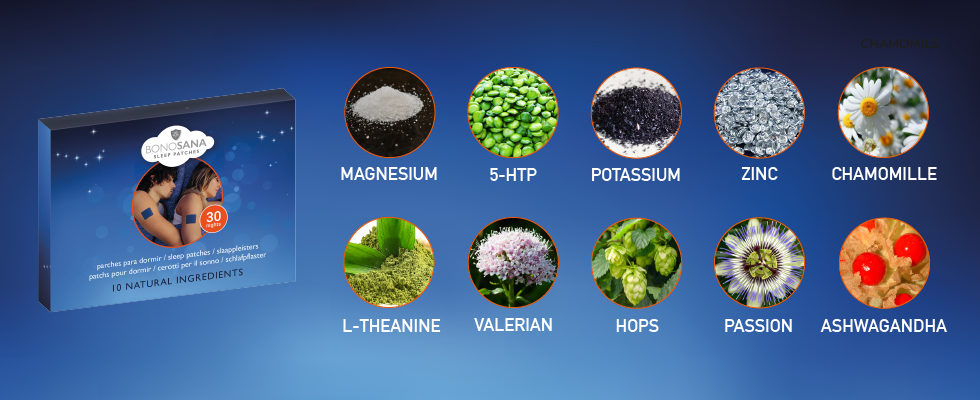L-theanine (γ-glutamylethylamide, 5-N-ethyl-glutamine) is a water-soluble and is a unique amino acid. L-theanine is most commonly found in tea leaves and in small amounts in Bay Bolete mushrooms. It can be found in both green and black tea.
Theanine is quickly absorbed after ingestion and usually has a (dose-dependent) relaxing and calming effect within 30 minutes, without causing drowsiness or drowsiness. The relaxation is accompanied by increases in alpha waves in the brain. Taken before bed, theanine can improve sleep quality.
Theanine affects several neurotransmitter systems in the brain (GABA, dopamine, serotonin, glutamate). Especially when combined with caffeine, theanine increases mental alertness and focus, while mental fatigue is less likely to occur. Theanine has neuroprotective properties and inhibits age-related cognitive decline.
L-theanine actually stimulates the Alpha waves in your brain, which cause conscious relaxation. These brain waves also appear when you meditate, daydream or get creative. Moreover, Alpha waves are present during the REM sleep phase and trigger relaxation, concentration and creativity. The great thing about L-theanine is that it has a relaxing effect without making you drowsy and dull, i.e. it has no sedative effect.
L-theanine improves sleep quality Research shows that L-theanine promotes relaxation without making you drowsy. Many people take L-theanine to reduce stress and unwind. So L-theanine has the property of helping you relax and reduce stress, which means it helps you sleep better in several ways.
Thanks to its relaxing effect, many people experience falling asleep faster and easier.
L-theanine has an anxiolytic, or anxiety-reducing effect, which also makes sleep anxiety disappear like snow in the sun for many people and they go to bed without fear. It owes this mainly to the fact that it brings down your heart rate and blood pressure.
Five randomised controlled trials with a total of 104 participants found that L-theanine reduced stress and anxiety in people who were in stressful situations.
Another study found that it increased relaxation without causing drowsiness and reduced resting heart rate.
A study published in the Journal of Clinical Psychiatry focused on people with schizophrenia or schizoaffective disorder. Researchers found that L-theanine reduced anxiety and improved symptoms.
L-theanine & better sleep







